When board members are asked what they’ve gained personally from their board experience, they first and foremost talk about making a difference and having an impact. Serving as a board member often adds another level of meaning to their lives, through the new people and communities they connect with.
There’s another important, though perhaps less-noted value. It’s the opportunity to develop and strengthen leadership and management skills by taking on challenges in an environment that allows for taking risks that might not be acceptable in their professional lives. For example:
- A financial professional leading a finance committee and facilitating meetings that include board members without deep financial experience
- A dentist asked to chair a board and to take on the responsibilities of motivating the board and partnering with the executive director
- A marketing professional asked to cultivate an important donor
Board members can strengthen their ability to work with a team, see issues from different perspectives, and reach decisions by consensus. They learn how to represent an organization, speak about it passionately, develop relationships and obtain important resources.
Teamwork
Teamwork challenges most of us. It requires us to really listen to our peers’ opinions…and value them! It requires putting the group’s priorities ahead of our own and dealing with personalities we might otherwise avoid. We generally join boards because of the cause, not the team, and then may have to stretch to learn how to work with the team we’ve joined.
One of our favorite examples of the value of being part of a team comes from a conversation recorded in “The Boys in the Boat” when George Pocock told one of the members of the crew that won the 1936 Olympics:
“When you really start trusting those other boys, you will feel a power within you that is far beyond anything you’ve ever imagined. Sometimes, you will feel as if you have rowed right off the planet and are rowing among the stars.”
The Value of Fundraising
Central to the work of the board is the cultivation of potential donors, and yet this is often the most difficult for board members. Many come with little experience. Most fear it. The hardest work however is often the work that teaches us the most. Actively engaging in fundraising provides board members the opportunity to develop important skills they can use elsewhere.
Key to being a great cultivator is developing a case statement – or story – that is genuine to the teller. This is not an “elevator pitch” but rather a story about the organization that reflects its personal value to the teller. This work leads inevitability to strengthening written and communication skills that are genuine.
Before reaching out to a donor, the board member must conduct some research and strategize about how to convincingly propose a meeting and then to plan how they’d like the meeting to unfold, the questions they will ask, what they will need to learn, and their goal for the meeting.
Think about how much better a board member will be at networking, communicating, planning, and persuading, after having had a few of these cultivation conversations.
Enter the Asking Styles
The Asking Styles were developed by Brian Saber (and Andrea Kihlstedt) to help board members and staff better understand themselves as fundraisers. The Styles use the basic extrovert/introvert and analytic/intuitive personality variables to assign participants to one of four Asking Styles based on their personality strengths.
Find your Asking Style
https://quiz.askingmatters.com/
What We Can Learn from the Styles
Receiving the Asking Styles report in itself provides great value to the board. By mapping them out on the Asking Styles Grid, one can recognize the diversity of board member personalities and how to best use everyone’s strengths and adapt to their limitations.
To further understand the strengths and challenges of each Style, boards can conduct workshops where members have 1:1 and group conversations exploring how to best work together. These exercises deepen our understanding of our own Styles and provide an experiential base for having similar conversations with professional colleagues.
Here are some questions that might be asked of the group:
- Is everyone’s opinion being heard? How might the Asking Styles impact board discussions and what steps might the board take if there are issues?
- Does the board value both the analytical and intuitive approaches?
- What is your board chair’s Style? Does it impact how the board is led and meetings are run?
- Does any Style dominate? What impact does that have on how the board functions? How might the board address that?
Each board member can provide valuable fundraising contributions in a way that does not require them to be the imagined prototypical fundraiser. All board members can tell compelling stories from their experience and passion. All can develop relationships successfully in their own way and decide on the most effective way to partner with a fellow board member who has a different Style.
Conclusion
Board service can provide many rewards and benefits beyond making an impact in the world. Good board service builds a whole range of skills to take back out into one’s life. The Asking Styles provide a roadmap for approaching teamwork and fundraising which ensures one’s board experience will be the best possible…and that board members will actually fulfill their fundraising role. The more board members learn through board service, the stronger the skills they take out into the world.





